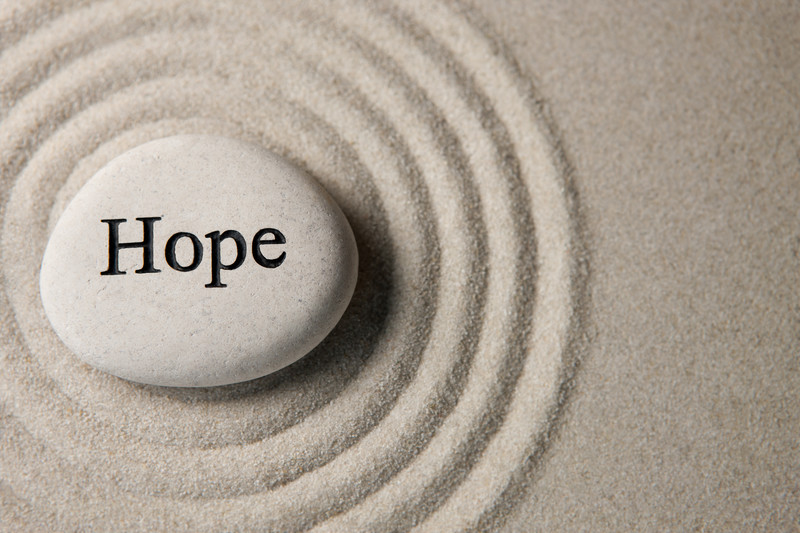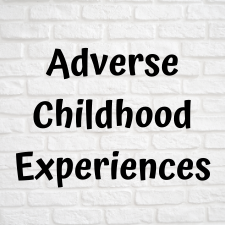
If you are suffering from chronic pain do you ever wonder if your beliefs about pain have an impact on how you feel? What about if you work with those who are suffering from chronic pain? Have you considered whether or not getting people to change their pain beliefs will help improve their condition or at least help provide them with a better quality of life? There is research that is pointing to the fact that pain beliefs can have an important impact on what people experience and expect from treatment.
In a study in the September 2018 issue of the journal Pain Management Nursing, researchers looked at the relationship among pain, pain belief, and one’s psychological well being in patients with chronic pain (1). Researchers conducted the study on 86 patients who suffered from chronic joint pain. They gave them questionnaires that measured their psychological well being, as well as their pain beliefs.
What they found was that there was a statistically significant correlation between a patient’s pain severity and their organic pain beliefs. They also found a statistically significant negative correlation between the patients’ frequency and severity of pain and their psychological wellbeing. There was also a statistically significant relation between one’s organic pain belief and their psychological wellbeing.
What we are learning is that what people believe about pain can have an impact on whether or not their treatments are as effective as they should be, or as they would like them to be. Many people may have pain beliefs that make things worse, including believing that pain is ruining their life or that they can’t ever experience happiness if they also experience pain. These thoughts can be limiting and set the expectations for the person. They may lead them to believe that chronic pain management will not help them or that particular treatment options won’t be of use.
Knowing that pain beliefs can be have an impact on the psychological wellbeing of a patient, it’s a good idea to be aware of this when treating patients or when going through treatment. It’s important to help patients improve their pain coping skills and to address their pain beliefs so that they can work through why they believe what they do, and then try to improve on those thoughts. When we improve our pain beliefs, there’s a good chance that will also see an improvement in our psychological wellbeing, and that’s a good thing. So that being said your beliefs about pain have an impact indeed.
Source:
Pain Management Nursing. Relations among pain, pain beliefs, and psychological well being in patients with chronic pain. https://www.ncbi.nlm.nih.gov/pubmed/30181033







